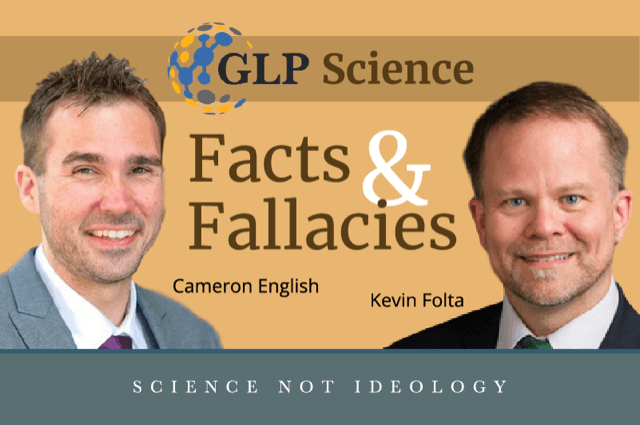GLP podcast and video: Why so many nutrition studies are wrong; Steve Kirsch—tech entrepreneur turned anti-vaccine guru; Confidence makes you seem smarter
Cameron English, Liza Dunn | Genetic Literacy Project | July 12, 2023uch of the nutrition research that attracts media attention is deeply flawed. A new study explains why. Silicon Valley tech guru Steve Kirsch went from obscure entrepreneur to anti-vaccine celebrity. What led him down that troubling path? Confident people appear more intelligent to those around them. This odd quirk of human evolution has important implications … Read more


